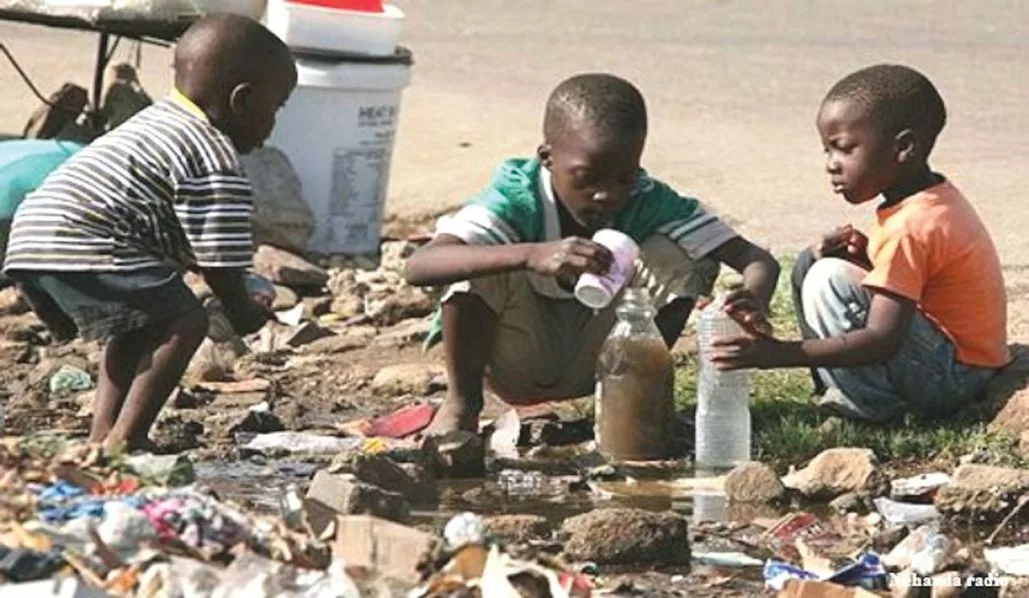Nigeria is experiencing a significant cholera outbreak, with the Nigeria Centre for Disease Control and Prevention reporting over 1,528 suspected cases in 31 states, and Lagos accounting for 500 of the cases
The outbreak has notably affected Lagos, Bayelsa, Zamfara, Abia, Cross River, Bauchi, Delta, Katsina, Imo, and Nasarawa states.
Cholera is an infectious disease that causes severe watery diarrhea, which can lead to dehydration and even death if untreated. It is caused by eating food or drinking water contaminated with a bacterium called Vibrio cholerae.
READ ALSO:
Cholera Causes
Vibrio cholerae, the bacterium that causes cholera, is usually found in food or water contaminated by feces from a person with the infection. Common sources include:
- Municipal water supplies
- Ice made from municipal water
- Foods and drinks sold by street vendors
- Vegetables grown with water containing human wastes
- Raw or undercooked fish and seafood caught in waters polluted with sewage
When a person consumes the contaminated food or water, the bacteria release a toxin in the intestines that produces severe diarrhea.
It is not likely you will catch cholera just from casual contact with an infected person.
Cholera Symptoms
Symptoms of cholera can begin as soon as a few hours or as long as five days after infection. Often, symptoms are mild.
But sometimes they are very serious. About one in 20 people infected have severe watery diarrhea accompanied by vomiting, which can quickly lead to dehydration. Although many infected people may have minimal or no symptoms, they can still contribute to spread of the infection.
READ ALSO: Cholera Outbreak: LAWMA Boss Tasks Residents on Personal, Domestic Hygiene
Signs and symptoms of dehydration include:
- Rapid heart rate
- Loss of skin elasticity (the ability to return to original position quickly if pinched)
- Dry mucous membranes, including the inside of the mouth, throat, nose, and eyelids
- Low blood pressure
- Thirst
- Muscle cramps
If not treated, dehydration can lead to shock and death in a matter of hours.
Cholera Treatment and Prevention
There is a vaccine for cholera. Both the CDC and the World Health Organization have specific guidelines for who should be given this vaccine.
You can protect yourself and your family by using only water that has been boiled, water that has been chemically disinfected, or bottled water. Be sure to use bottled, boiled, or chemically disinfected water for the following purposes
- Drinking
- Preparing food or drinks
- Making ice
- Brushing your teeth
- Washing your face and hands
- Washing dishes and utensils that you use to eat or prepare food
- Washing fruits and vegetables
READ ALSO: Lagos Island, Ikorodu, Kosofe most hit by Lagos cholera outbreak–LASG
To disinfect your own water, boil it for one minute (or 3 minutes at higher elevations) or filter it and use a commercial chemical disinfectant. You should also avoid raw foods, including the following:
If you develop severe, watery diarrhea and vomiting — particularly after eating raw shellfish or traveling to a country where cholera is epidemic — seek medical help immediately. Cholera is highly treatable, but because dehydration can happen quickly, it’s important to get cholera treatment right away.
Hydration is the mainstay of treatment for cholera. Depending on how severe the diarrhea is, treatment will consist of oral or intravenous solutions to replace lost fluids. Antibiotics, which kill the bacteria, are not part of emergency treatment for mild cases. But they can reduce the duration of diarrhea by half and also reduce the excretion of the bacteria, thus helping to prevent the spread of the disease.

 Entertainment5 days ago
Entertainment5 days ago
 Health1 week ago
Health1 week ago
 Health4 days ago
Health4 days ago
 Football1 week ago
Football1 week ago
 Football1 week ago
Football1 week ago
 Education6 days ago
Education6 days ago
 Crime4 days ago
Crime4 days ago
 Crime1 week ago
Crime1 week ago

